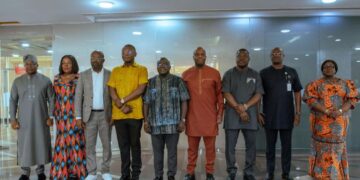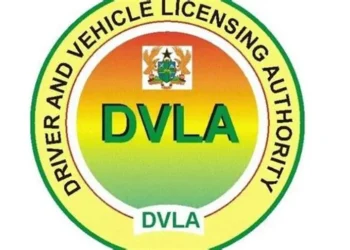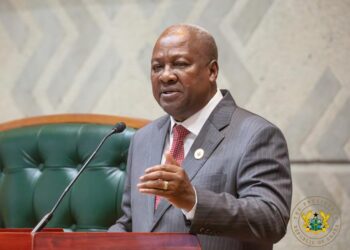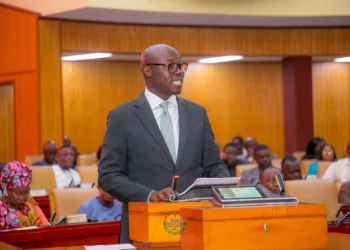The Executive Director of the Center for Environmental Management and Sustainable Energy (CEMSE), Benjamin Nsiah, has raised serious concerns about the Strategic Mobilization Ghana Limited (SML) contract, describing it as wasteful, duplicative, and a burden on the public purse.
In a statement, Mr. Nsiah questioned the rationale behind maintaining two separate private entities—SML and the Enterprise Relational Database Management System (ERDMS)—to perform essentially the same function in Ghana’s petroleum downstream sector.
SML, which is contracted by the Ghana Revenue Authority (GRA), receives over GHS 250 million annually to provide revenue assurance services by tracking petroleum product liftings from depots.
Meanwhile, the ERDMS operator, contracted by the National Petroleum Authority (NPA), is reported to receive close to GHS 1 billion annually from the Unified Petroleum Price Fund (UPPF) for a similar role.
“This duplication of services, revealed by the KPMG audit report, represents a clear example of inefficiency and poor value for money,” Nsiah said. “Ghana is spending over GHS 1.2 billion each year on two systems that overlap in function. This is an unjustifiable use of public funds, especially at a time when the country is grappling with economic challenges.”
According to Nsiah, the KPMG report shows that the fragmented approach to monitoring petroleum liftings not only inflates costs but also creates gaps in data accuracy and accountability.
“The existence of multiple, uncoordinated monitoring platforms undermines real-time data tracking and opens the door for revenue leakages,” he noted. “If the government truly seeks efficiency, the logical step is to harmonize these systems or terminate one of the contracts.”
He added that the original intention behind the SML contract—to curb underreporting and diversion in the sector—has not been achieved due to the lack of integration with ERDMS.
Public Interest at Stake
Mr. Nsiah stressed that beyond financial losses, the current arrangement undermines public trust in how natural resources are managed.
“Ghanaians deserve a transparent, cost-effective system that prioritizes national interest. This is not just about contracts—it’s about governance, accountability, and the responsible use of taxpayer money,” he stated.
CEMSE is calling on the Ministry of Energy, Ghana Revenue Authority, and the National Petroleum Authority to immediately review the situation and implement a unified, efficient monitoring system in line with global best practices.
“The findings of the KPMG report must be taken seriously,” Nsiah said.





































